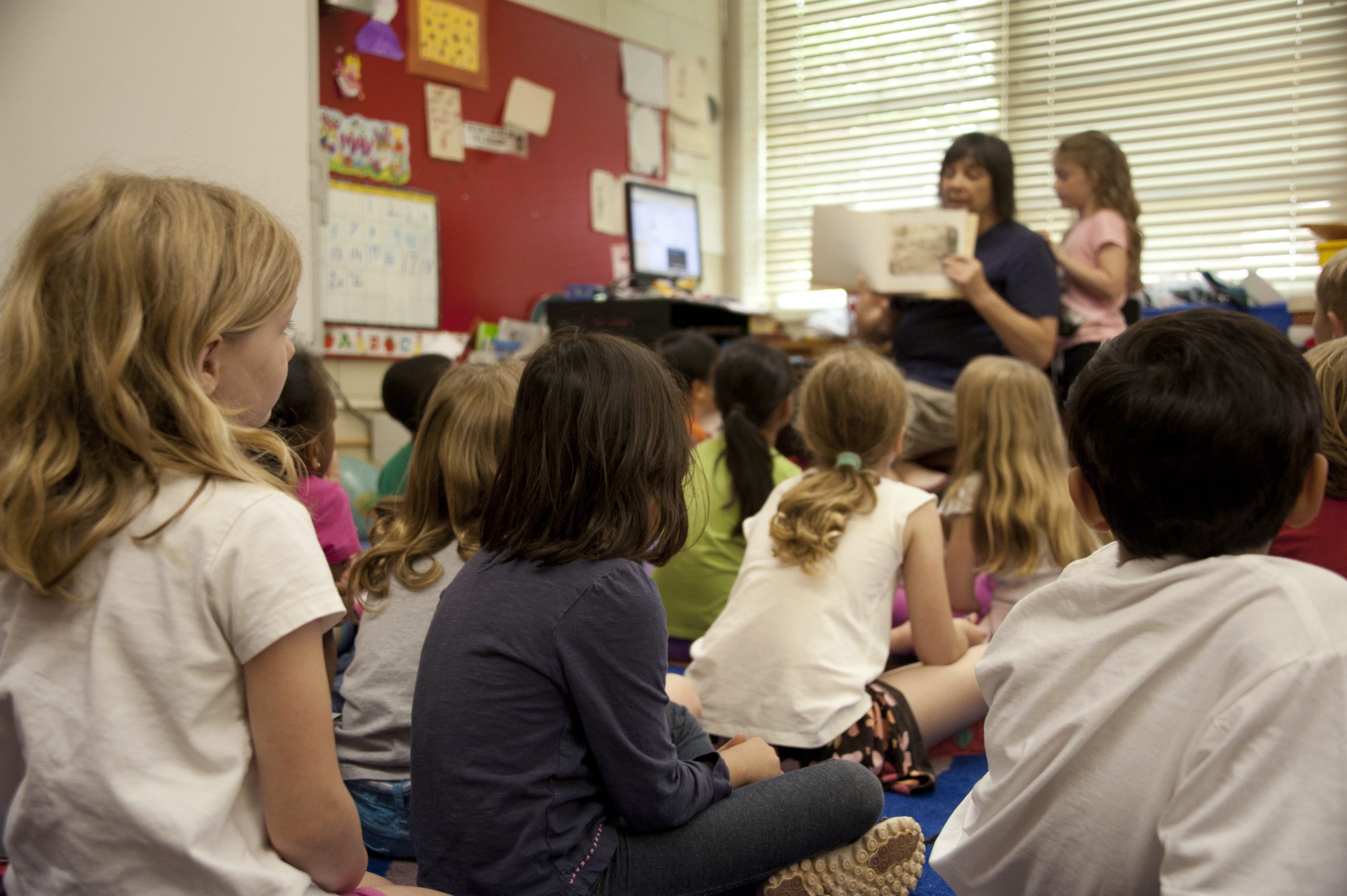Whilst diversity is improving in journalism, it is a still a problem that needs addressing. Assistant Editor of The Daily Mirror, Darren Lewis, shares his personal experiences and thoughts on taking a step in the right direction.
The figures speak for themselves. In a society which often claims to promote change, evidence suggests that improvement is still desperately needed to achieve true diversity in journalism.
Research undertaken by the National Council of Training for Journalists (NCTJ) shows that 94% of journalists are white. 57% of those are male, compared to 43% who are female. However, the real situation in newsrooms appears even more unequal than these figures suggest.
The concentration of writing positions in London and urban areas, where ethnic minorities live in greater numbers, shows significant under-representation in the media. Just 1% of journalists are black. The same statistic goes for Asian reporters.
Speaking to a journalism student from a BAME community, she said: “I was so afraid to pursue a career in the profession because of my race.
“I’m scared to even speak about it sometimes because I’m worried what my lecturers may think of me.
“Being a student in a subject which is so misrepresented makes you think about things others wouldn’t think about, like racial bias. It’s horrible sometimes”.
Speculation has arisen as to why representation continues to lack diversity. A balanced socio-economic demographic is also missing from UK newsrooms. A study from Vuelio, an organisation which promotes diversity in journalism, discovered that 51% of the UK’s top journalists went to private schools, more than seven times the national average.
Also, Alan Milburn’s State of the Nation Report found that 11% of journalists were from working-class backgrounds, compared to 60% of the population.
Darren Lewis, Assistant Editor of the Daily Mirror, 53, has been an activist in recent years in encouraging diversity in the newsroom. This has been partly due to his personal experiences. Despite being fortuitous in having excellent people around him on his journey, he realises that more effort is needed to help ethnic minorities break into the profession.
He said: “When I went into sport reporting, particularly football, you didn’t have anyone who supported you or looked like you.
“When I got into journalism, there were people like me, but they weren’t in national newspapers.
“I didn’t have anybody who I could go to, who had been part of my experience before and offer me advice about how to deal with any given situation.
“Hopefully that will change because there are some people getting the experience that by 10 years time will be beneficial to the next generation coming into the game”.
During the 1990s, race relations appeared to be up in the air. Riots were happening in America, and acts of racism still occurred frequently across sporting events in the UK.
Darren opens up, with compassion, about some of his experiences he witnessed in the newsroom. This was when he was breaking through as an enthusiastic news reporter during the early stages of his career:
“I didn’t have a lot of racism towards me, because of the people I had. But if someone said something racist in the newsroom, no one would be pulled up on it. Nobody was there to say they were wrong”, he says.
“We say the 90s, but this has been a problem for the last 10-15 years. People would get away with saying racist stuff.
“If they said the things they were saying in our present age, you would get in trouble.”
Recent progress to the way we think and act has contributed to a change in opinions regarding diversity.
The death of George Floyd in 2020 horrified spectators across the globe, and was influential in changing attitudes across various organisations. Darren believes this was perhaps the match that sparked media companies alight regarding representation in newsrooms.
He says: “When I started society was still very much not bothered about racism, and I don’t think this has changed until the last five years or so.
“The George Floyd Incident was influential to a lot of organisations because many wanted to cover what was happening as a reaction to the event”.
“However, in a lot of cases, these journalists couldn’t empathise because they didn’t have enough people to delve into communities and address what these people were feeling and share these frustrations. They weren’t from a BAME community”.
“It’s why some media companies are working hard to get people in place who can continue to give content, yet empathise in a different way which hasn’t been identified as often as it should’ve been”.
Despite the lack of representation in journalism, efforts are being made to make a change.
This is happening through various outputs, such as news outlets actively seeking applicants from diverse backgrounds. A survey involving 136 news industry leaders by Oxford University suggested that in the wake of the Black Lives Matter protests, improving ethnic diversity (42%) is highlighted as the most pressing diversity priority in 2021.
From the same report, the respondents say their news organisation collects and shares diversity data about staff (64%) and leadership (54%). More than four in ten (41%) say they now monitor the make-up of their contributors and interviewees.
Schemes such as the Journalism Diversity Fund, run by the NCTJ, have been set up to support diverse candidates gain professional journalism qualifications. Each recipient is also paired with a professional working journalist as a mentor, and 80% of all JDF alumni remain in the industry.
PressPad, since its launch in 2018, was set up to help individuals from low-affluent backgrounds gain work experience in journalism. Coinciding with this, it offers budget accommodation to help people through placements.
The BBC introduced their 50:50 project in 2018, inspiring journalists and producers to represent women and men equally in their content.
On social media, accounts like ‘We Are Black Journos’ are platforms celebrating and connecting black journalists to help promote their outstanding work.
Clearly, progress is happening, but the concern is this still isn’t enough. The statistics have followed a similar pattern for years. Darren Lewis believes the industry needs to ensure younger people from diverse backgrounds aren’t disillusioned from pursuing a career in news.
He said: “the situation is starting to change, but it’s still shocking. There are younger people coming in who have a different view on life, so that is helping.
“A lot of people used to think journalism wasn’t right for them because of representation and do you think that has changed in 2021? I don’t think so, and I think that’s a big part as to why the stats are so bad.
“No one should ever feel their race is holding them back. You should never feel afraid. Your talents should be the main reason you get spotted.”
If we continue to see a rise in media companies working to achieve diversity, there may one day be a day where we see equal representation for all in the media. Should we steer our focus points though, the UK media industry may never fully diversify and represent the demographic it serves.







